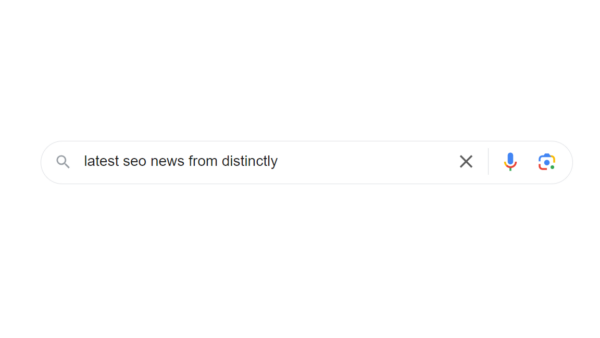How to use bad grammar to get good results in your copy
One of the most cited necessary skills for a copywriter is excellent command of the English language. This is often described as an in depth knowledge of spelling and grammar as well as the ability to create concise, meaningful content.
Having an excellent command of the English language doesn’t mean dogmatically clinging to the grammar and spelling rules you were taught in primary school. Of course it means knowing the rules, but also knowing when to break them.
Apple and the Think Different campaign
One of the best examples of the effectiveness of a brand using incorrect grammar in order to establish their tone of voice is Apple’s iconic slogan Think Different.
Without a doubt it’s grammatically wrong by Oxford English Dictionary standards and would earn you a red-pen annotation in a primary school English class. But the same slogan rewritten using correct English grammar (Think Differently) is much less concise, less punchy. Less memorable.
Think Different was coined by creatives from the advertising agency Chiat\Day in 1997. The original suggestion was in fact the grammatically correct Think Differently – but it was vetoed by art director Craig Tanimoto as well as by Steve Jobs himself. Walter Isaacson, Jobs’ biographer, discusses the process:
“They debated the grammatical issue: If ‘different’ was supposed to modify the verb ‘think’ it should be an adverb, as in ‘think differently.’ But Jobs insisted that he wanted ‘different’ to be used as a noun, as in ‘think victory’ or ‘think beauty.’ Also, it echoed colloquial use, as in ‘think big.’
Jobs later explained, ‘We discussed whether it was correct before we ran it. It’s grammatical, if you think about what we’re trying to say. It’s not think the same, it’s think different. Think a little different, think a lot different, think different. ‘Think differently’ wouldn’t hit the meaning for me.’”
The phrase Think Different works because it communicates the core values of Apple by enacting them. By rejecting conventional grammar in favour of a punchier-sounding, alternative phrase, Apple emphasises its modernity, progressiveness and disregard for the traditional.
Dispensing with correct grammar not only results in the slogan sounding sharper and more reminiscent of everyday speech, it also conveys its brand message far more effectively. In thinking the phrase Think Different, you think different.
Copywriting grammar and when to break the rules
As the success of Think Different shows, incorrect grammar can be a powerful tool to communicate your brand’s tone of voice and message. But it’s a tool you should be very selective about using.
A copywriter rarely has the license to misuse grammar as radically as the creatives who came up with the Think Different campaign. Nonetheless you can bend the rules of grammar for effect and be comparatively subtle about it.
For instance, the correct grammar rules hold that a sentence should never open with a conjunction. But doing so can make a sentence striking and immediate, breaking up the flow of a longer piece of copy or providing a crisp, concise end to a short piece. Form also matters. In general, people are more inclined to forgive a grammatically incorrect, but ludicrously catchy slogan than they are poor grammar in a piece of long-form copy.
Of course there are many sectors in which incorrect grammar is never appropriate, regardless of medium. If you’re producing a piece of site copy for a school, the last message on earth you want to convey is that your client is unaware of academic grammar standards.
Likewise, if you are writing copy for the legal or medical sectors, establishing the trustworthiness of the client is vital and poor grammar use is an easy way to undermine that in the mind of the reader. There is no value in a doctor or a solicitor seeming anti-establishment or quirky.
When experimenting with grammar rules, stick to clients who favour a progressive, playful, offbeat and/or edgy brand personality and want their tone of voice to reflect that.



